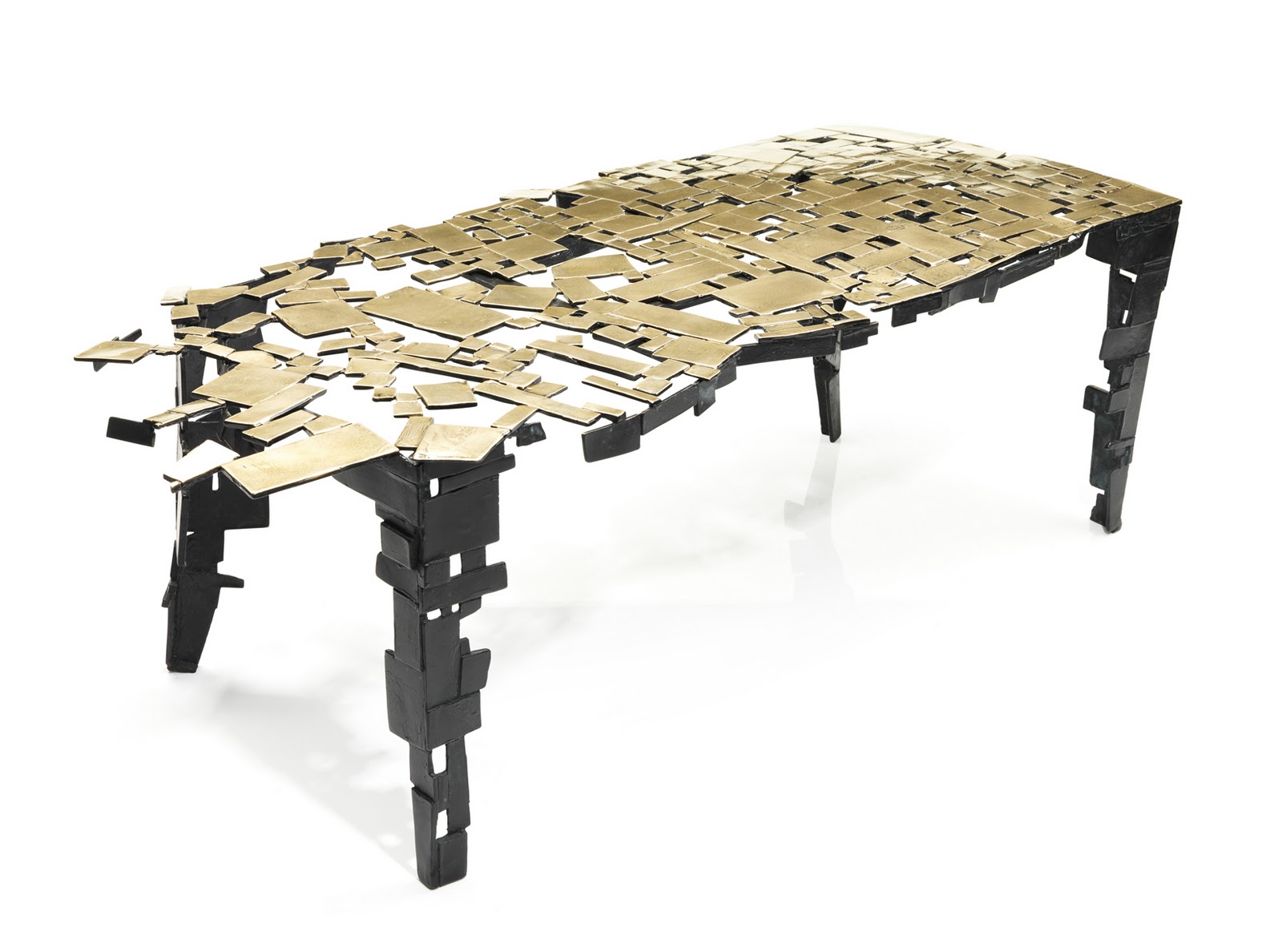
Today I have an essay at Ethika Politika where I think about what sort of artist and person I am. As I’ve mentioned a few times here, many of the reviews and questions surrounding Late to Love have led me to think and re-think not only my art, but also myself.
Here is an excerpt:
… questions of artistic identity may not be about art in the sense that is strictly related to the making and crafting of music or other things. I suspect that the desires of the artist are nothing more or less than the desires of every person: to be what and who one is, or to at least not be otherwise. The making of a work of art may indeed offer a sharper and more descriptive image of that desire in certain cases, but my intuition is that there is nothing special about it. The questions of the arts are not unique or elevated above the domain of human life more generally speaking.
This separation between a generic and an artistic way of life, between being an artist and being a person, is an outright mistake. And the possible objection that collapsing the work of the artist into the general human condition is to disgrace the uniqueness of the arts misunderstands the danger implied in this distinction. Of course art is special, of course the human person offers its closest imitatio Dei when she creates something anew, of course the traditions and objects of the arts are the most precious treasure we can hold in our cultural hands. All of this is true. Yet behind each work of art, there is the worker, the artist: the person who does not have the luxury of ever being finished or complete.
Read it all here.
*
A few more stray thoughts: I am not sure that I realized the amount of strategic fragmentation present in my life until now. Before it seemed to be about the natural time and place for different things, but, more and more, as my work and interests integrate, I see and experience these distinctions as artificial. Most remarkable, perhaps, has been the way that my religious and theological interests have found a home in my academic work, something I wouldn’t have wanted and much less predicted just a few years ago. I suppose that this unlikely unification in the Academy has made me less tolerant and more alienated by petty distinctions that don’t map onto what I feel that I am doing in other mediums and places.
At any rate, these feelings and thoughts will surely change, but for now I am more and more comfortable in being identified as that dreaded monstrosity known as the “Catholic artist.”















